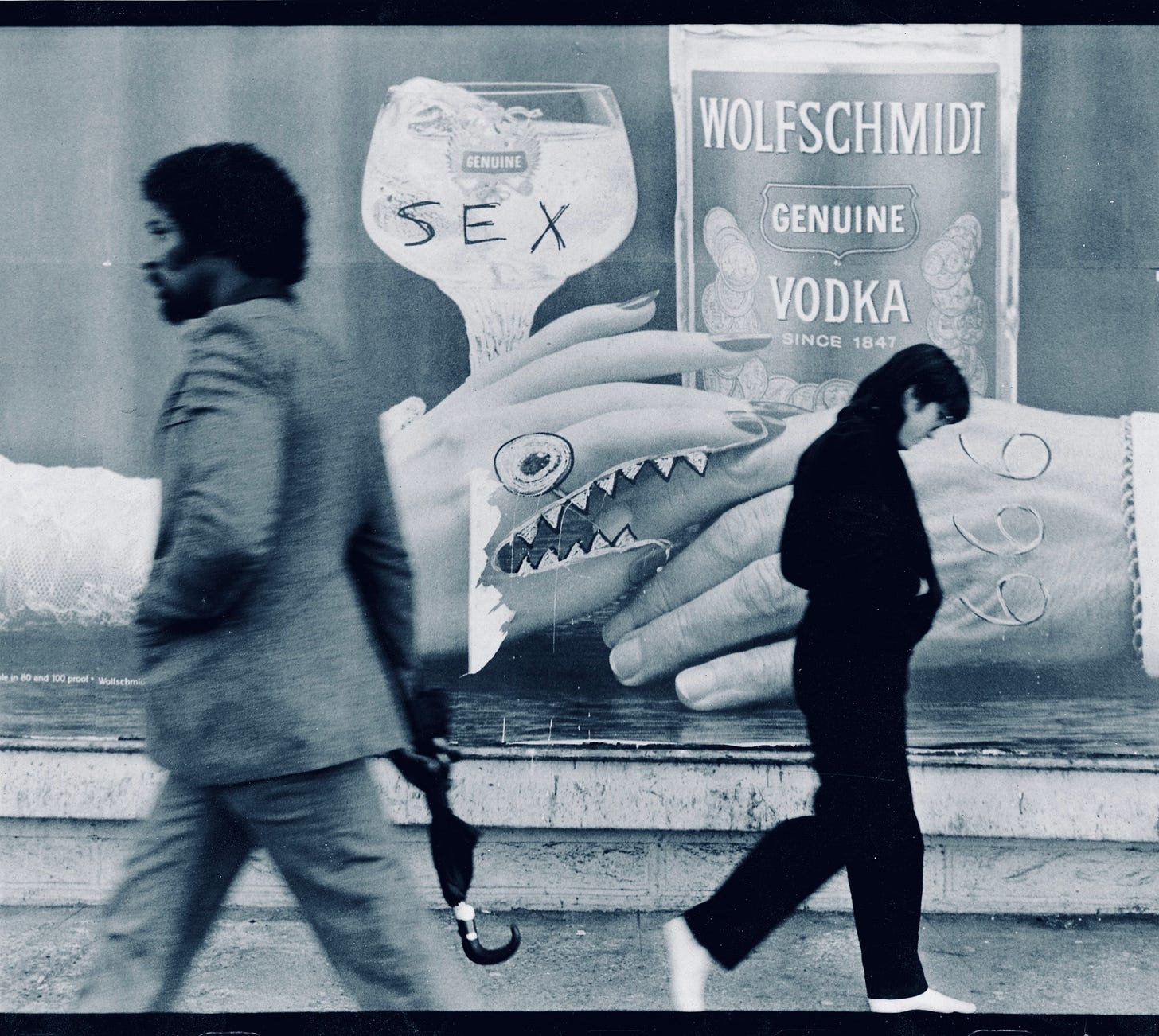Sexual Creativity please, not “Wellness”
From Dante to Cobain: The Hidden Engine of Creation
”Nothing really exists except examples.”
- Wittgenstein
English actress Rosemund Pike made a telling observation in The Criterion Closet last week. She was picking out classic Blu Ray film editions to enjoy.
“My first pick is ‘I Am Curious’ because I am curious,” Pike said. “I’m interested in the depiction of sex and sexuality on screen. Are we entering an age of prudery?
“I’m interested in the way that ‘wellness’ is taking over our lives— and yet sex seems to be taking a backseat.”
I agree with Pike — and it reminded me of something I wrote when this malaise was first on the horizon. Let’s unwrap!



